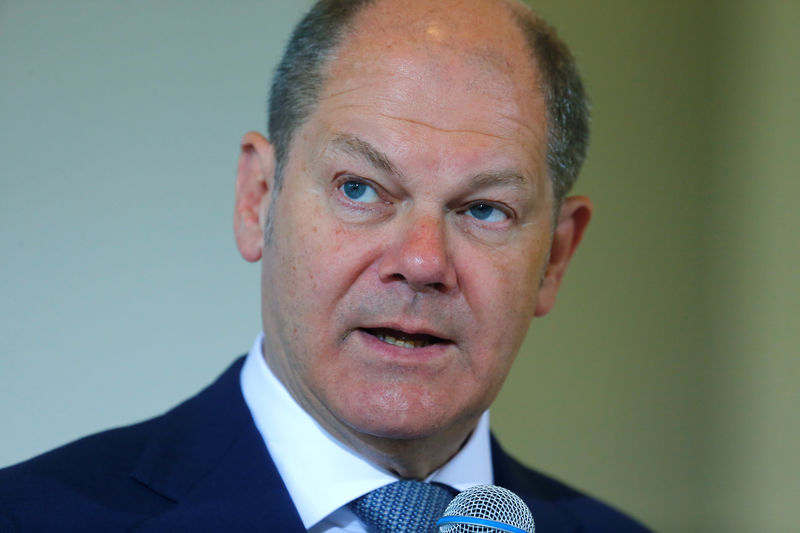By Geoffrey Smith
Investing.com -- Crude oil prices fell to their lows of the day and European natural gas prices retreated after German Chancellor Olaf Scholz said that Europe's largest economy has no option but to keep buying Russian oil and gas.
"At the moment, the supply of energy for heating, for mobility, for electricity generation and for industry cannot be secured any other way," Scholz said in a press statement confirming that Germany will continue to transact with Russian energy companies.
Prices for crude oil had hit their highest since 2008 while benchmark European natural gas futures had nearly doubled to an all-time high earlier in the day after U.S. Secretary of State Anthony Blinken said on Sunday that the U.S. is talking to its European allies about imposing more complete sanctions, which would make it impossible for Western companies to buy Russian oil and gas.
As Russia is the world's biggest energy exporter, those comments triggered a mad scramble for alternative supplies, pushing U.S. crude and Brent prices over $130 a barrel and Dutch TTF Natural Gas Futures up as far as 345 euros per megawatt-hour, the equivalent of $460 per barrel of oil equivalent.
After Scholz's comments, crude traded at around $117.60 a barrel, up a relatively modest 1.7% from Friday's close. The April TTF contract retreated to 261 euros/MWh - still up 36% on the day.
Scholz said that Germany and the rest of the European Union "have been working intensively for months to develop an alternative to Russian energy, but that can't be achieved from one day to the next."
The International Energy Agency released a 10-point plan last week under which the Paris-based think-tank said the EU could cut its Russian gas needs from 155 billion cubic meters last year to 105 bcm this year - and still replenish its gas storage facilities to ensure security of supplies over the next winter. It urged the EU to speed up the diversification of supplies from other countries, notably through a fast-growing world market for liquefied natural gas, as well as accelerating existing plans to install more renewable energy sources domestically and improve the energy efficiency of buildings.
Payment for energy supplies was explicitly left out of the original package of U.S. and European sanctions to avoid damage to Europe's economy. The continent gets around 10% of its oil and a quarter of its natural gas from companies ultimately controlled by Vladimir Putin's government.
However, as the Russian attacks on Ukrainian cities have continued, exacting an ever higher death toll among the country's civilian population, opinion in much of Europe has hardened, with more and more countries' leaders expressing a willingness to accept economic hardship as a price for curbing Russian expansion.
